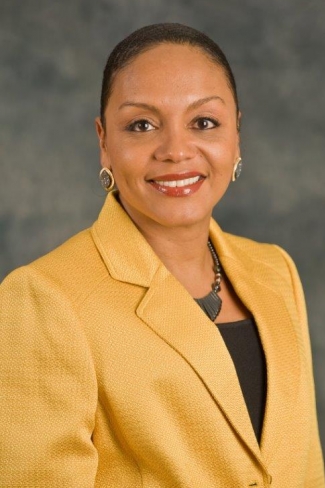New
job: On April 6, Gloria Johnson-Cusack becomes president and chief executive of
the National Human Services Assembly, a D.C.-based organization that advocates
for the nation’s leading health and human-service organizations. She replaces
Irv Katz, who is retiring after leading the group since 2001.
Nonprofit
background: Ms. Johnson-Cusack was previously executive director of Leadership
18, a group of chief executives at big social-service, health, and religious
groups. She served as senior vice president at GMMB, a D.C.-based
communications and advertising firm, where she focused on social and health
causes on behalf of nonprofits, foundations, and national associations. Ms.
Johnson-Cusack also serves as national chair of the board of trustees for
United Cerebral Palsy.

Political
background: She directed Congressional relations at the Peace Corps, promoted
national service as an aide to President Clinton, directed constituent
relations at the Corporation for National Service, and worked for Delegate
Eleanor Holmes Norton, Democrat of the District of Columbia, and Sen. Al Gore,
Democrat of Tennessee.
Education:
Ms. Johnson-Cusack holds a bachelor’s degree from Columbia University and a
master’s degree in public administration from American University. She is a
founder of the Eli J. Segal Citizen Leadership program at Brandeis University.
Her
agenda: Sharing the impact of top-performing nonprofits, strengthening business
performance, and creating more smart collaborations. "The nonprofits that
invite the most meaningful investment are the ones who have a clear vision
about how to collaborate, with a very specific outcome of strengthening our
country’s economic health and our country’s economic stability," she says.
"The charitable sector has to do a much better job explaining why our work
is so relevant."
How
her personal life informs her perspective: Ms. Johnson-Cusack grew up in
"de facto segregated" Washington, D.C., attending tough public
schools before attending Sidwell Friends School and Columbia University, both
on full scholarship. "They were almost like being in different
worlds," she says. "Every person and every community that we’re
serving has assets to be built upon, and I think that’s an assumption that is
not always recognized as much as it should be in the philanthropic sector ...
This is one place where we can invite all of those diverse leaders of good
intent to the table and find new ways of doing things. "

No comments:
Post a Comment